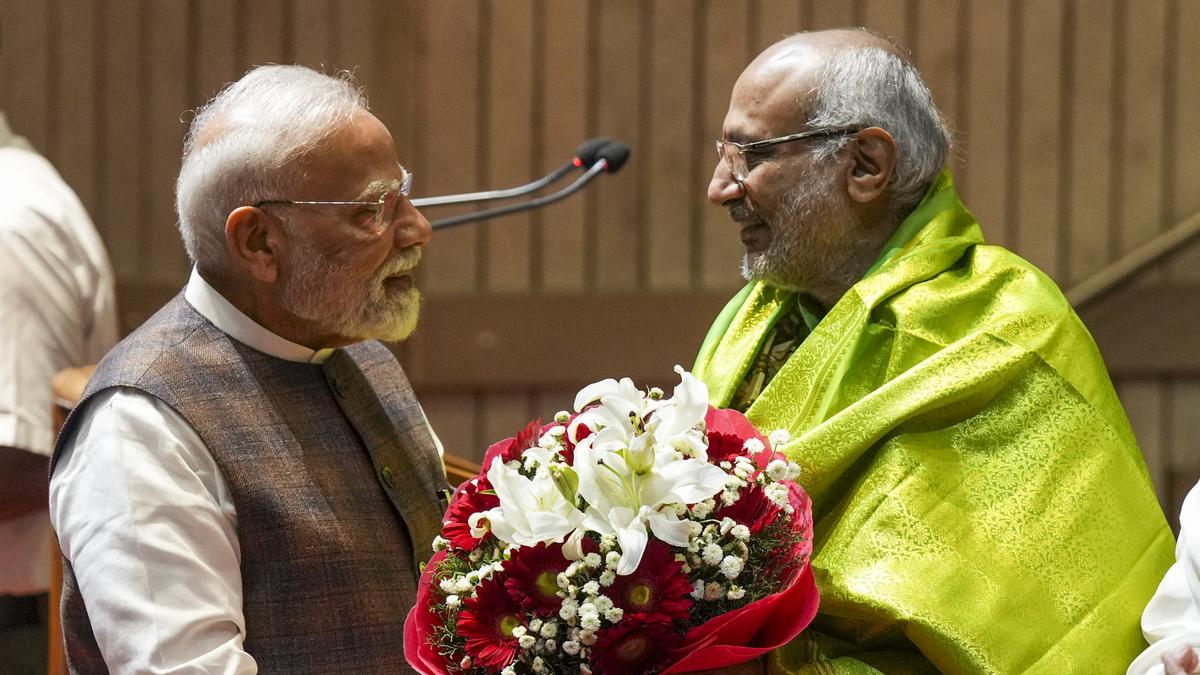ARTICLE AD BOX
Last Updated:September 09, 2025, 17:15 IST
The court said criminal proceedings against the in-laws could not be sustained as the allegations were general and lacked any specific instances of cruelty.

The FIR in question which was registered at Vatva Police Station in 2016, had invoked Sections 498A, 323, 294(1), 506(1) and 114 of the Indian Penal Code, along with Sections 3 and 7 of the Dowry Prohibition Act. (AI generated image for representation)
The Gujarat High Court recently quashed an FIR lodged against three in-laws of a woman who had accused them of cruelty and instigating her husband. Justice JC Doshi, delivering an oral order on September 2, 2025, ruled that the criminal proceedings initiated against the mother-in-law, sister-in-law and brother-in-law of the complainant could not be sustained as the allegations were general and lacked any specific instances of cruelty.
The FIR in question which was registered at Vatva Police Station in 2016, had invoked Sections 498A, 323, 294(1), 506(1) and 114 of the Indian Penal Code, along with Sections 3 and 7 of the Dowry Prohibition Act. The complainant accused her husband of subjecting her to physical and mental cruelty, allegedly under the influence of his family members.
Appearing for the applicants, the defence argued that the case was a textbook example of how extended relatives are roped into matrimonial disputes without any concrete evidence. It was contended that the complainant had made sweeping allegations against in-laws to put pressure on the husband’s family.
On the other side, counsel for the complainant argued that the role of the in-laws in instigating the husband was central to the case, and their culpability could only be established through trial. The State too sided with the complainant, pressing for dismissal of the petition for quashing.
Court, however, was unconvinced. Justice Doshi underlined that Section 498A IPC, which deals with cruelty against a wife, requires specific instances of harassment i.e. either causing grave injury or made with an intent to coerce dowry demands.
“In the present case, except bald allegations of instigation, no overt act is alleged against the petitioners," the court said.
“Causal reference of the petitioners in the FIR is insufficient to take cognizance," court held.
In reaching its decision, the high court referred to Supreme Court judgments, notably Geeta Mehrotra v State of Uttar Pradesh (2012), where the apex court warned against indiscriminately implicating distant relatives in dowry cases. The court also cited GV Rao v LHV Prasad (2000), which highlighted the growing trend of dragging entire families into prolonged matrimonial litigation, often at the cost of reconciliation.
Observing that permitting the petitioners to undergo trial on the basis of such vague allegations would itself be an “absurd process," the high court declared the FIR and all related proceedings against them quashed.
“FIR is found to be abuse of process of law against the petitioners and allowing the petitioner to face trial would be absurd process," court held. While the decision brings relief to the three in-laws, it does not affect the proceedings against the husband.

Salil Tiwari, Senior Special Correspondent at Lawbeat, reports on the Allahabad High Court and courts in Uttar Pradesh, however, she also writes on important cases of national importance and public interests fr...Read More
Salil Tiwari, Senior Special Correspondent at Lawbeat, reports on the Allahabad High Court and courts in Uttar Pradesh, however, she also writes on important cases of national importance and public interests fr...
Read More
First Published:
September 09, 2025, 17:15 IST
News india ‘Vague Allegations, Abuse Of Law': Gujarat HC Quashes FIR Against In-Laws In Dowry Case
Disclaimer: Comments reflect users’ views, not News18’s. Please keep discussions respectful and constructive. Abusive, defamatory, or illegal comments will be removed. News18 may disable any comment at its discretion. By posting, you agree to our Terms of Use and Privacy Policy.
Read More



.png)
.png)
.png)
















 5 hours ago
5
5 hours ago
5






 English (US) ·
English (US) ·